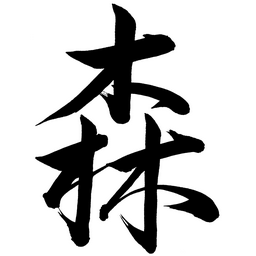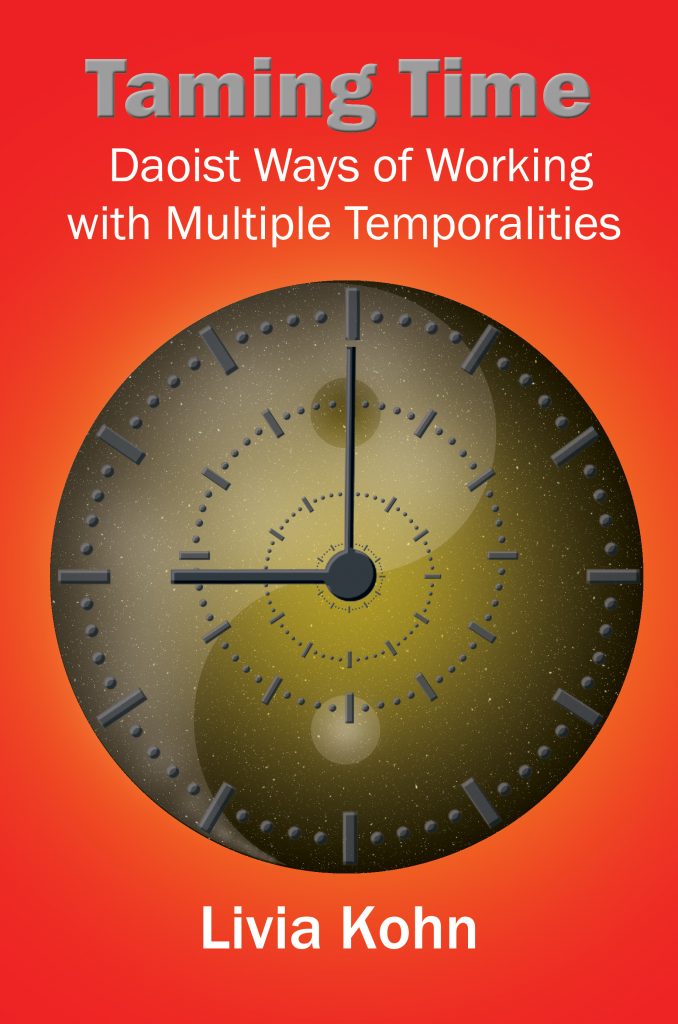THE AUTHOR
Livia Kohn, Ph.D., is Professor Emerita of Religion and East Asian Studies at Boston University. The author or editor of close to sixty books (including the annual Journal of Daoist Studies), she spent ten years in Kyoto doing research. She currently serves as the executive editor of Three Pines Press as well as the Journal of Daoist Studies, runs international conferences, and guides study tours to Japan.
PRAISE
Taming Time is a master work of scholarship synthesizing over a thousand studies on the concept of time to produce a comprehensive investigation that convincingly ennobles Daoist concepts of temporality. In this groundbreaking study, Livia Kohn analyzes “chronotypes” of perception, then trace time from its noetic apex in language through the sociotemporal narrative of cosmology, history, and eschatology. This is followed by a journey through biotemporal evolution and life stages through the timing of galactic dimensions to prototemporal quantum space, and concludes with an exploration of atemporality in the origins of time at the big bang. In every step of her investigation, Kohn provides evidence of the enduring and propitious coincidence of ancient Daoist thought with contemporary science and philosophy.
—Stephen L. Field, Lee Endowed Professor of Chinese, Trinity University, San Antonio, Texas
Human beings are indubitably temporal creatures, yet the extent to which time penetrates every aspect of our life is unbeknownst to many. With a deftness of hand that remains unrivaled in the academic and lay worlds of Daoist studies, Livia Kohn peels back the layers of time to reveal its peaceful bud within. Covering time in its social, biological, scientific, psychological, natural, cosmological, philosophical, religious, and linguistic variants, Taming Time is a mesmerizing account of how complex humans have made time while arguing for the viability, indeed necessity, of the harmonious temporal modes of Daoism. A must-read for anyone interested in time or how to live within it without becoming lost to it.
—David Chai, Chinese University of Hong Kong

